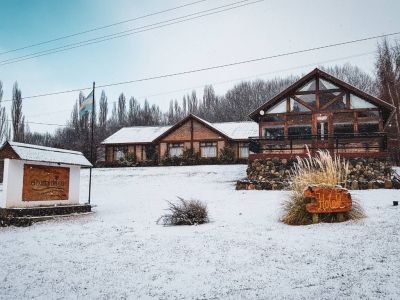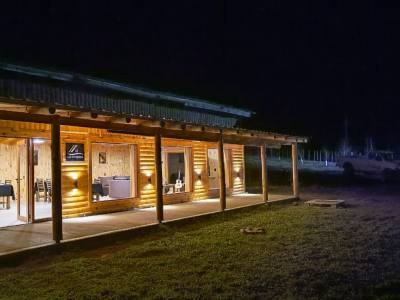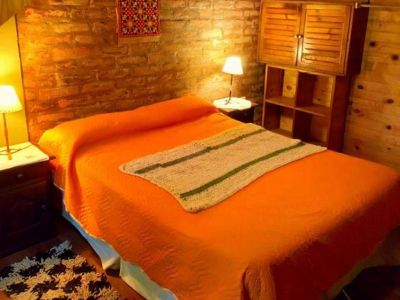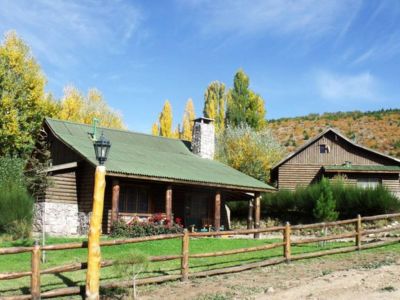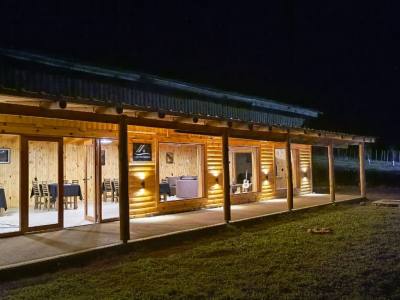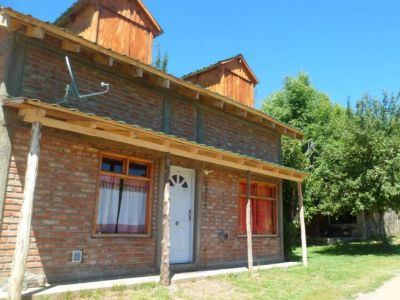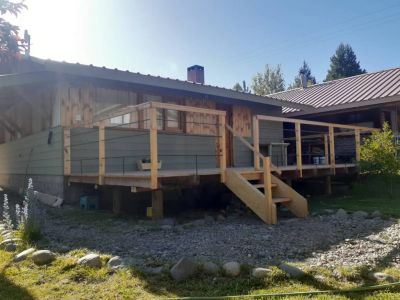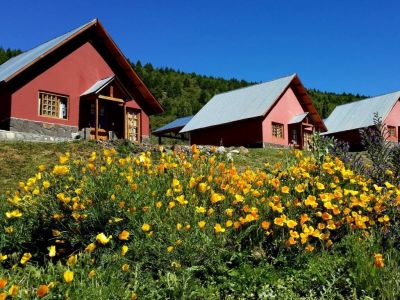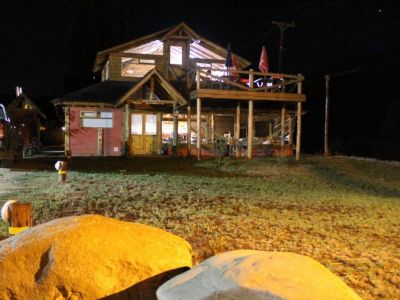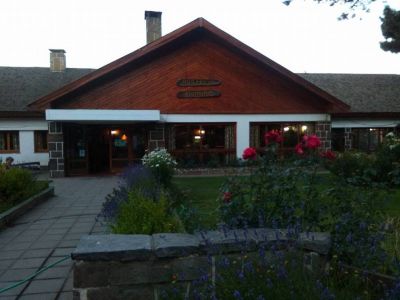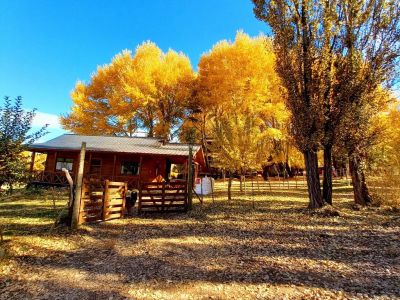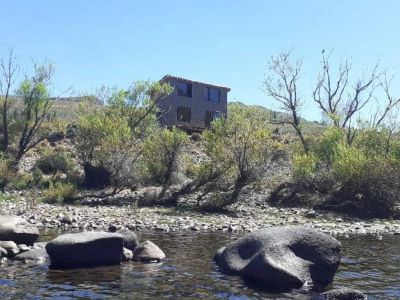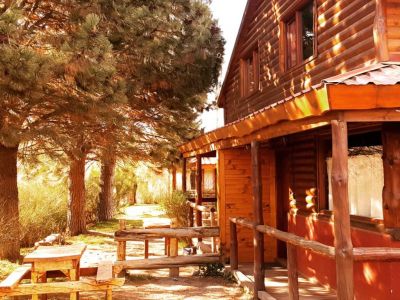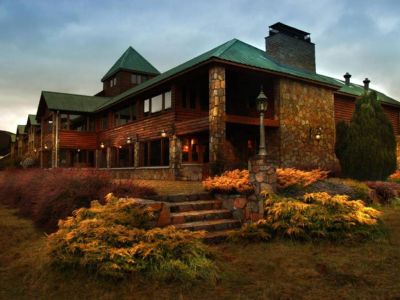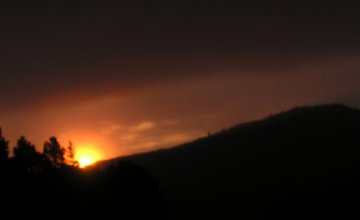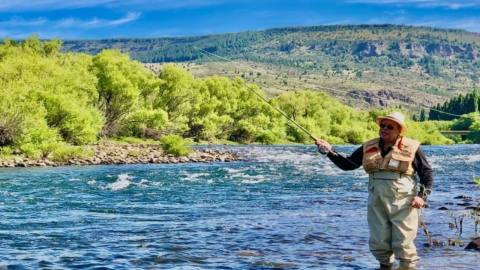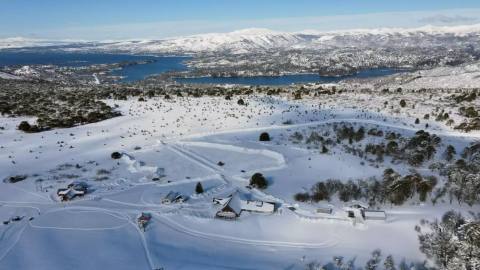Some outings aim at seeing new spaces. Others, a visit to Lake Quillén, put our senses to the test due to the strong presence of nature all around. We set out from Aluminé heading southwards up to a fork where we turned left towards the mountain range. As soon as we turned, the Quillén River started to escort us and we could see several fly-casters accurately testing their skills. We got past several inns and estancias devoted to cattle raising and agricultural tourism, which open their hunting preserves during the season. We stopped in front of some small wooden houses inside the Currumil Mapuche community. Its domestic animals were scattered around. We bought some tortas fritas and had a chat with two ladies whose skin was beaten by the weather. They offered their woven items and woodwork. “Cars did not use to be seen usually around here. But now, in the summer, we see many people going to the lake”, said the younger one. We resumed our journey and were welcomed by Lanín National Park, its native species and a certain degree of humidity. Most of the woods are made up by coihues and lengas but there are also monkey-puzzle trees and introduced species which succeeded in becoming adapted to the local climate. The protected space allowed the blooming of very beautiful flowers making contrast with the green background.
Lake Quillén Area
We came close to the park ranger station in order to get some information and learn how to move within this area. We were heading towards the northern shore of the lake, which is low, extensive and of course made of gravel.
Mónica Pons
Interpatagonia.com




